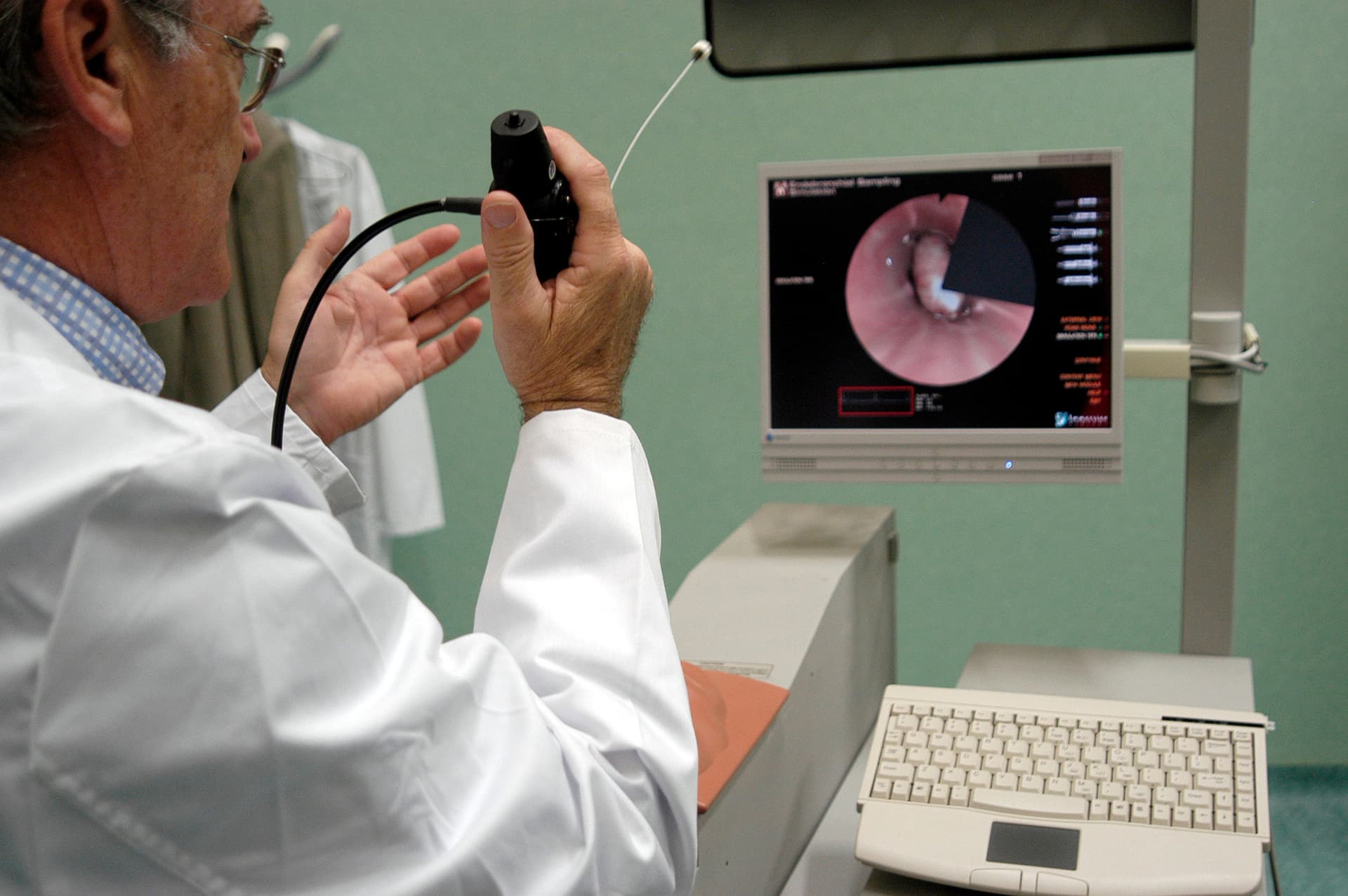
Laryngeal Cancer: Early Detection, Treatment Options, and Rehabilitation
Laryngeal cancer is a serious condition that affects the voice box, known as the larynx. In this article, we will delve into the importance of early detection, discuss various treatment options available, and shed light on the rehabilitation process for individuals with laryngeal cancer, drawing insights from the expertise of Dr. Rafii, a highly skilled laryngologist specializing in voice care.
Understanding Laryngeal Cancer:
Laryngeal cancer occurs when abnormal cells grow in the tissues of the larynx. The primary risk factor is tobacco use, including smoking and smokeless tobacco. Other factors, such as excessive alcohol consumption, exposure to certain chemicals, and a history of chronic laryngitis or vocal cord polyps, can also contribute to its development.
Early Detection of Laryngeal Cancer:
Recognizing Symptoms: Being aware of potential signs and symptoms is crucial. Persistent hoarseness, difficulty swallowing, throat pain, a neck lump, persistent cough, or changes in voice quality should not be ignored. If these symptoms persist for more than two weeks, seek immediate medical evaluation.
Regular Check-ups: Routine visits to a laryngologist or otolaryngologist are particularly important for individuals at high risk or experiencing persistent symptoms. Regular examinations of the larynx can help detect any abnormalities at an early stage.
Diagnosis and Treatment Options:
Diagnostic Procedures: Dr. Rafii, with his specialized expertise in voice care, performs comprehensive examinations, including a detailed medical history, physical examination, and potentially a laryngoscopy or videostroboscopy. Tissue samples (biopsies) may be taken for further analysis.
Treatment Options: Treatment for laryngeal cancer depends on factors such as cancer stage, location, size, and individual health. Dr. Rafii considers various options, including surgery, radiation therapy, chemotherapy, targeted therapy, or a combination of these approaches. The goal is to remove or destroy cancer cells while preserving as much healthy tissue and vocal function as possible.
Rehabilitation and Voice Restoration:
Voice Rehabilitation: After laryngeal cancer treatment, voice rehabilitation is vital for individuals to regain and optimize their speaking and singing abilities. Dr. Rafii collaborates closely with skilled speech-language pathologists specializing in voice therapy to provide personalized rehabilitation programs tailored to the specific needs of each individual.
Voice Prostheses: In cases where surgical removal of the larynx is necessary, Dr. Rafii may recommend a voice prosthesis. This small device redirects air from the lungs to the throat, enabling speech production and helping individuals communicate effectively.
Psychological and Emotional Support: Coping with the physical and emotional challenges of laryngeal cancer requires comprehensive support. Dr. Rafii and his team provide psychological counseling, facilitate support groups, and offer therapy options to assist individuals and their loved ones in navigating the emotional impact of the diagnosis and treatment.
Importance of Early Detection and Support:
Early detection of laryngeal cancer significantly improves treatment outcomes and quality of life. Dr. Rafii emphasizes the importance of raising awareness, educating individuals about risk factors, and encouraging regular check-ups, especially for those at higher risk due to tobacco use or other contributing factors.
Conclusion:
Laryngeal cancer poses significant challenges, but with early detection, appropriate treatment, and comprehensive rehabilitation, individuals can achieve optimal outcomes and regain their voice. Seeking medical attention for persistent symptoms, adopting a healthy lifestyle, and prioritizing regular check-ups are vital steps in preventing and effectively managing laryngeal cancer.
Dr. Rafii, with his extensive expertise in voice care, is dedicated to providing comprehensive care and guidance throughout the diagnosis, treatment, and rehabilitation process. If you or someone you know is experiencing symptoms or at risk for laryngeal cancer, we encourage you to schedule a consultation with Dr. Rafii by calling 323.433.7744. Together, we can work towards early detection, effective treatment, and successful voice restoration.
